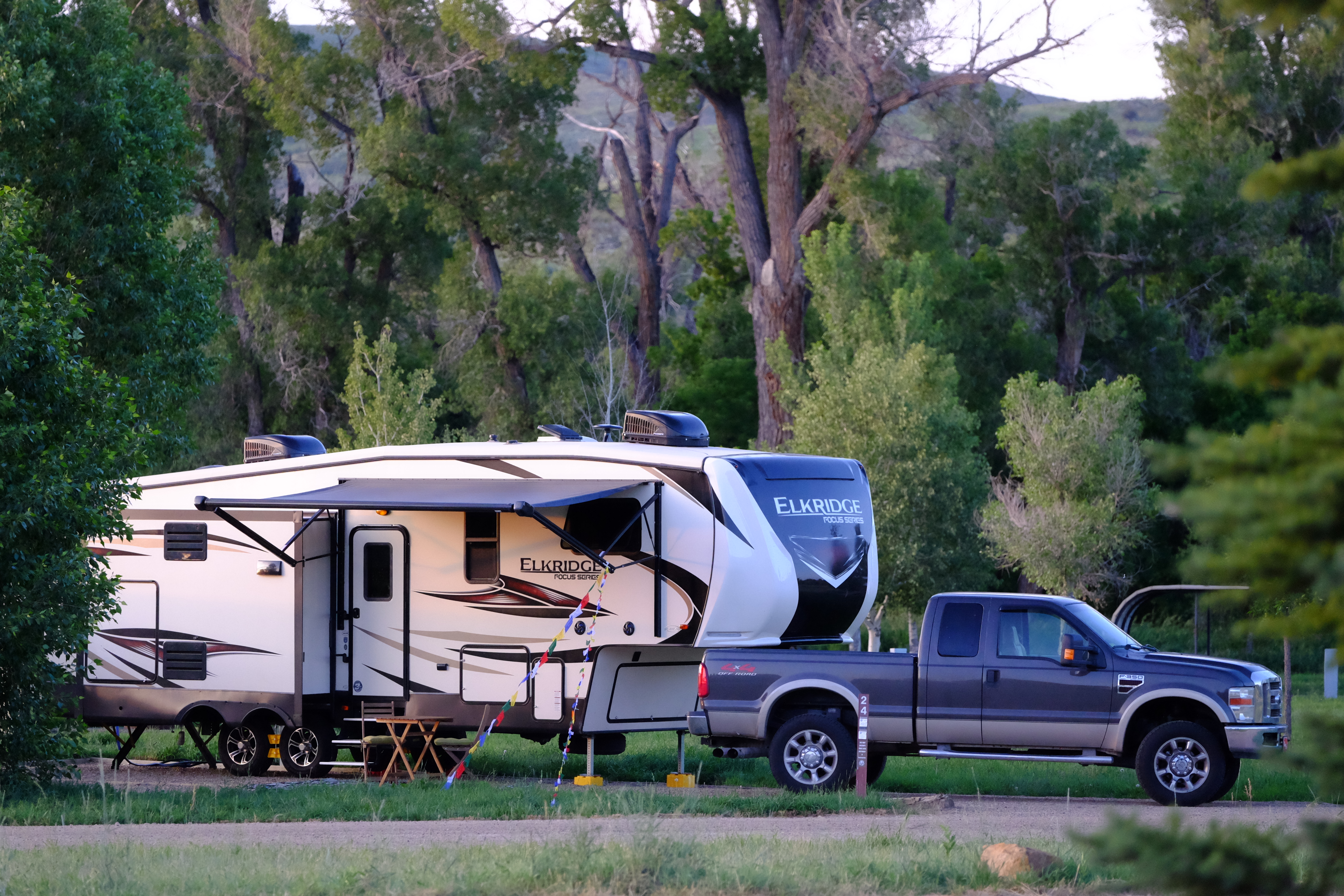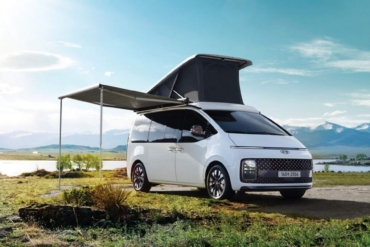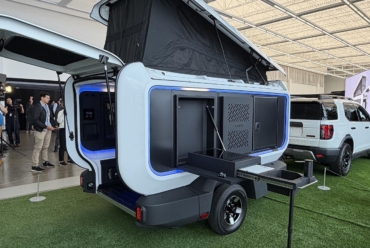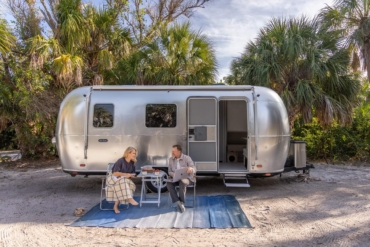Whether you’re a weekend escapist or a full-time working traveler, knowing where to park your RV for the night can be part of the fun or a daunting challenge.
RV brochures regularly depict happy campers on the edge of secluded woods or a quiet mountain lake. But they can get pretty crowded, especially during peak season.
Before you dive headlong into full-time RV dwelling, you might evaluate your camping options.
Boondocking and the Freedom of Federal Lands
As an American, you are the proud owner of 654,885,389 acres of federal public land, much of it open to camping at no cost. The bulk of your free-stay opportunities fall under the jurisdiction of the Bureau of Land Management, but also large swaths of national forest.
As you might expect, free campsites offer nothing more than solitude and a nice view. For many people, that’s all they seek. Some call this Boondocking, or dry-camping in RV parlance.
Whether you travel with a diminutive teardrop trailer or an enormous Class A diesel pusher, self-sufficiency defines the RV experience. It’s not unlike having your own little cabin in the woods, but it comes with a few limitations.
Dry camping demands careful management of onboard resources. How well you ration your water, food, fuel, and power determines how long you stay in a free backcountry campsite. It’s also worth pointing out that pristine and isolated locations remain that way due to poor road access. Your RV may not reach some remote sites.
Even if you can get there, those of us who work from our mobile offices need cell service to stay connected. Backcountry campsites may not always be the best option.
Established Federal, State, and County Campgrounds
If you need more than just a level place to park, campgrounds provide extra resources like potable water, toilets, and, occasionally, electrical hookups and dump stations. Federal campgrounds fit most travel budgets, with fees ranging anywhere from $12 to $35 per night. That’s not bad for what you get — if you can get it.
Due to increasing competition for campsites, internet bots now snatch high-demand reservations within nanoseconds of availability. Even without cyber-campers snagging your spot, plenty of real people will.
If you want to frequent federal campgrounds, get to know the recreation.gov reservation system. And to keep squatters from planting roots, many national forests impose 14-day stay limits — not just for a given campsite or campground, but for the entire district.
In large portions of the country, state parks offer excellent campgrounds at reasonable prices. Websites like campendium.com provide a complete listing of the nation’s 1,600 state parks with RV-specific services.
Annual passes often lower per-night fees, and many parks have amenities like those previously mentioned. Another benefit of public parks, state and federal, is that they tend to afford more real estate between campers. Private facilities utilize every square foot to generate income.
RV Parks and the Quest for the Best
It’s not uncommon to develop a love-hate relationship with private RV parks. Some are beautiful, fun, and relaxing, but finding those rare gems isn’t always easy. Many are kept as guarded secrets.
In Southern Colorado, one such haven, tucked in the pines near a mountain lake, advertises free breakfast on Mondays, bluegrass concerts on Fridays, and a horseshoe tournament every Sunday. This is on top of spacious sites, full hookups, free Wi-Fi, and satellite TV.
Where is it? I’ll tell you later.
The worst parks cram everyone together and look more like a gypsy stronghold than a recreational retreat. It doesn’t matter how polished the park: If your front door faces your neighbor’s back window, it’s a drag for everyone.
When you find a winner, paid parks serve as little oases. The plug-in utilities at each site supply unlimited water and power. For those in the know, that equals long, hot showers and the ability to finally use all of the lights and appliances in your RV.
If your home is your office, a developed park can streamline your workday with less time chasing Wi-Fi and managing water and power. While not cheap at an average cost of $45-55 per night, weekly and monthly rates drop the price significantly.
RV Parks offer some other amenities including access to entertainment and local eateries or breweries, too. Staying a while might be a good option for reliable connectivity, especially if you have work projects ending.
If you spend enough time on the open road, you will likely try your hand at boondocking, RV parks, and everything in between. Get lucky, and you might find that perfect setting befitting an RV brochure and have it all to yourself — for free. Just don’t tell anyone where you found it.
This article is sponsored by Go RVing. Check out RV travel ideas, news and dealer information at gorving.com.










